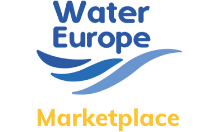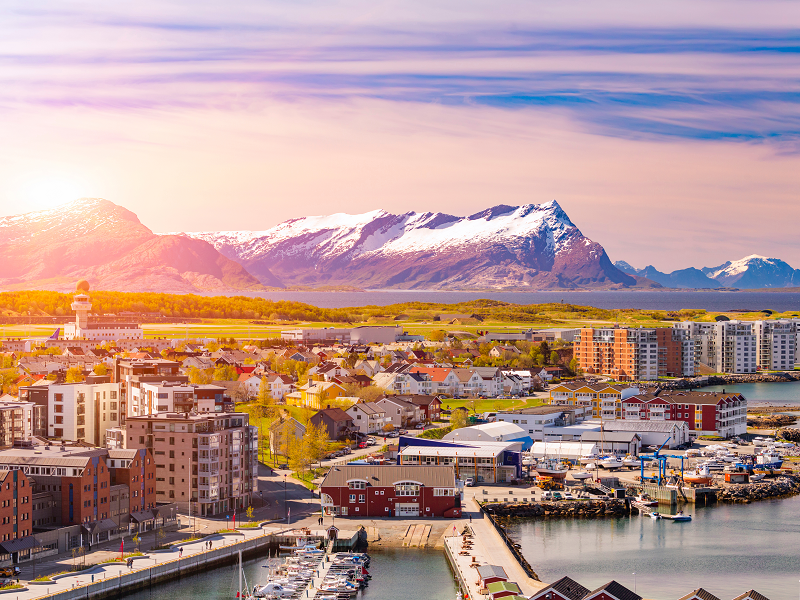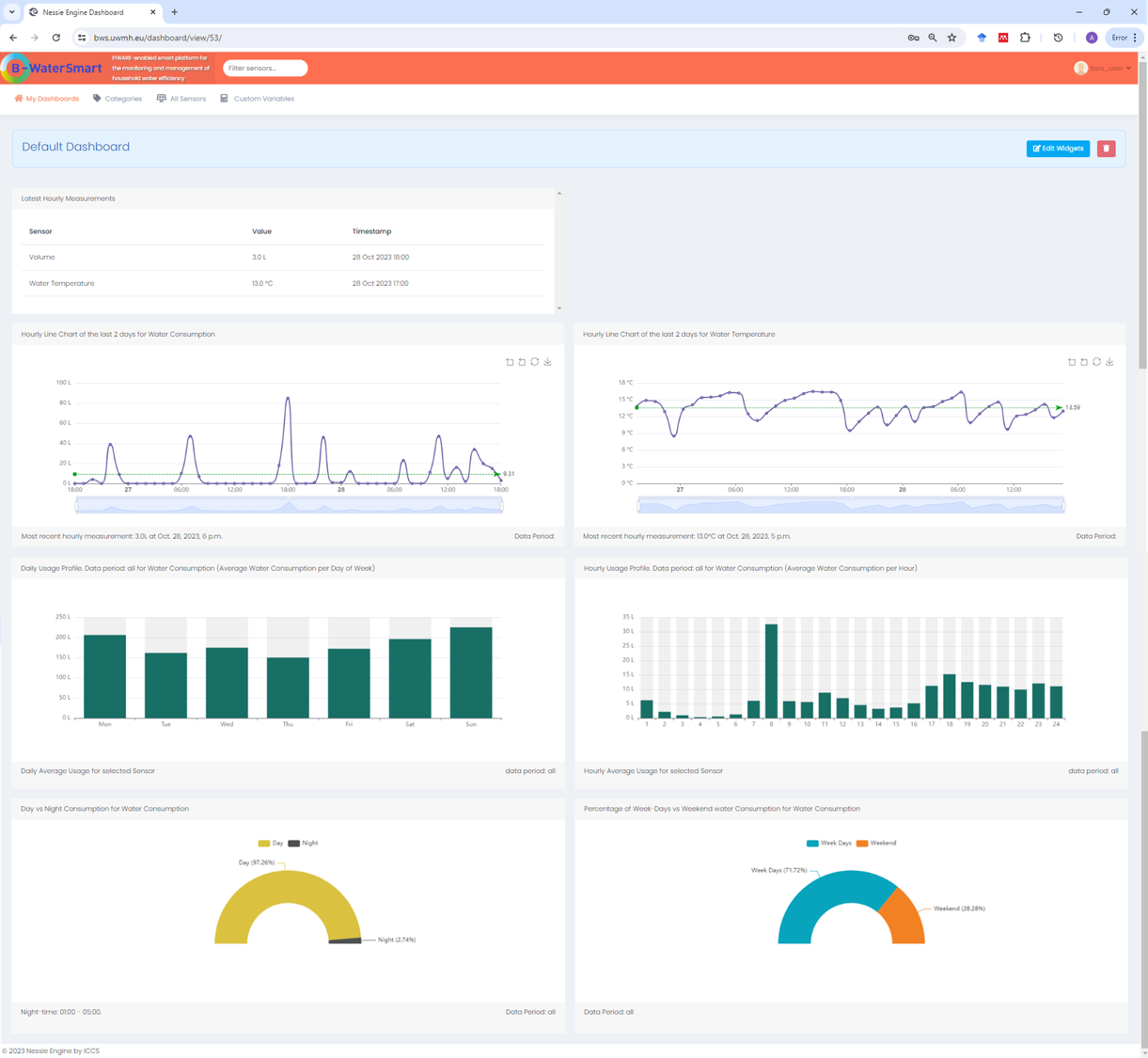
Description
Nessie platform is an information system, developed within ICCS/NTUA, aiming to acquire, process and store, and manage high-resolution real-time data from IoT agents, such as sensors and smart meters, coupled with analytics (to translate the data into information) and visualisation capabilities in order to present valuable information to the end-users.
Nessie platform is composed of 6 independent components: a) the data collector/parser components that collects raw data from a source, such as an FTP server; b) the Data Mapper component that formats the data in way that is supported by the third component, the Database server; c) The GIS-enabled PostgreSQL Database Server that stores the data; d) The GUnicorn Python Web Server coupled with the NginX reverse proxy server in order to receive HTTP(s)-enabled requests from 3rd party clients; e) the Back-end engine, that supports the processing of stored data and implements a series of embedded analytics; f) And finally, the web interface that delivers information to the end-users.
As of 2021, Nessie, also provides a private API for 3rd party clients to authenticate and retrieve or store real-time sensor or simulated data. With the power of Redis (BSD licensed) Server, Nessie can notify 3rd party members of real-time information on a subscription-based (Pub/Sub) communication and allow for data storage and retrieval of real-time or historical sensor data.
The system has been significantly upgraded and transformed into “as a service” digital solution (distributed nature) that enables different type of third-party users (i.e., other than the developers of the system) to interact with the system and exchange information in various ways, depending on their authorisation level. The new system provides a great variety of new API functionalities ensuring, to a large extent, the autonomous interaction of different users with the system, and hence it minimizes the intervention of tool’s developers during data exchange and system set-up. Essentially, the upgraded version of Nessie has been designed and implemented as a Context Broker, following the paradigm of state-of-the-art solutions such as the FIWARE platform, using proven and open-source technologies while being sensor- and data-agnostic i.e. ensuring interoperability, scalability, sustainability over time and applicability beyond the smart water metering and water-related applications. The new customisable web dashboard is easily configured by the end users themselves and adjusted to their needs while allowing configuration of multiple dashboards in the same profile.
Latest integrated analytics are related to an innovative ML-based methodology to categorize total household water consumption, as recorded from the smart water meters, into various end-use categories.
Training material: A video introducing Nessie is available at: https://youtu.be/GTkmtj1c04E and Nessie system as a Service (NaaS) – API Demo is demonstrated in video https://youtu.be/1McP0xYq5XY.
Target audience
Owners of the product
Sign in to access this information. Sign in to access this information.Actors, their roles and interactions
Nessie is a highly customisable system which can be adapted to support the specific requirements of any smart monitoring and control system. The system is continuously being upgraded in the framework of EU- and National-funded projects, and so far it has been deployed to support smart applications for the real-time monitoring and control of water consumption (for both water utilities and end-users/householders), remote control of Sewer Mining Units and management of Subsurface Water Systems. Through Nessie, technology providers and water utilities give access to real-time data collected from smart meters. Householders and water utilities get access, analyse and visualise data through the dashboard.
Unique selling points
Nessie system is a in-house product, developed within ICCS/NTUA.
Within its unique selling points are:
- the distributing nature that enables different type of third-party users to interact with the system and exchange information in various ways depending on their authorisation level,
- the great variety of API functionalities,
- its compatibility with FIWARE standard which ensures interoperability,
- its scalability and easy extension of the core system which is sensor-data-agnostic ensuring a wide field of applicability,
- the highly and easily configurable web interface and
- its integration with state-of-the art analytics, based on the purpose of application, that translate the data into meaningful information.
Technical requirements
Minimum technical requirements:
- Python version v3.8
- Django Web Application Framework v3.2
- Pandas Data Analysis Library for Python (for time-series data manipulation) v1.0.5
- NumPy (scientific computing library for Python) v1.18
- REST Framework for greater portability and easier maintenance 3.12.
- GIS-ENABLED PostgreSQL v14
- Gunicorn v20.1
- Redis v4
- Nginx
- Pillow v8.4
For the end-users of the product, a browser to interact with the dashboard is required.
Recommended front-end frameworks to support Nessie engine:
- JQuery v3
- Bootstrap v4
- Ajax/REST requests
Software data
| 2016 | |
|
|
| Commercial | |
| Software is available for research purposes free of charge on a time limited license. For commercial purposes there are commercial agreement options. |
Publications
- Makropoulos, C., Kossieris, P., Kozanis, S., Katsiri, E., Vamvakeridou-Lyroudia, L., 2014. From smart meters to smart decisions: web-based support for the water efficient household. 11th International Conference on Hydroinformatics, Proceedings HIC2014, 17-21 August 2014, New York, USA, 2014.
- Kossieris, P., Panayiotakis, A., Tzouka, K., Gerakopoulou, P., Rozos, E., Makropoulos, C., 2014. An eLearning Approach for Improving Household Water Efficiency. Procedia Engineering, 89, 1113–1119. https://doi.org/10.1016/j.proeng.2014.11.232.
- Kossieris, P., Kozanis, S., Hashmi, A., Katsiri, E., Vamvakeridou-Lyroudia, L.S., Farmani, R., Makropoulos, C., Savic, D., 2014. A Web-based Platform for Water Efficient Households. Procedia Engineering, 89, 1128–1135. https://doi.org/10.1016/j.proeng.2014.11.234.
- Kossieris, P., Pantazis, C., Makropoulos, C., 2021. Data-models for FIWARE-enabled smart applications for raw-water supply system modelling, management and operation. Advances in Hydroinformatics: SIMHYDRO 2021, SimHydro 6th International Conference, June 16-18 2021 (in press).
Training material related to Nessie System is available in the link: https://b-watersmart.eu/the-nessie-platform/
URL
https://uwmh.civil.ntua.gr/products/84-nessie-system.html
Technologies applied by the product
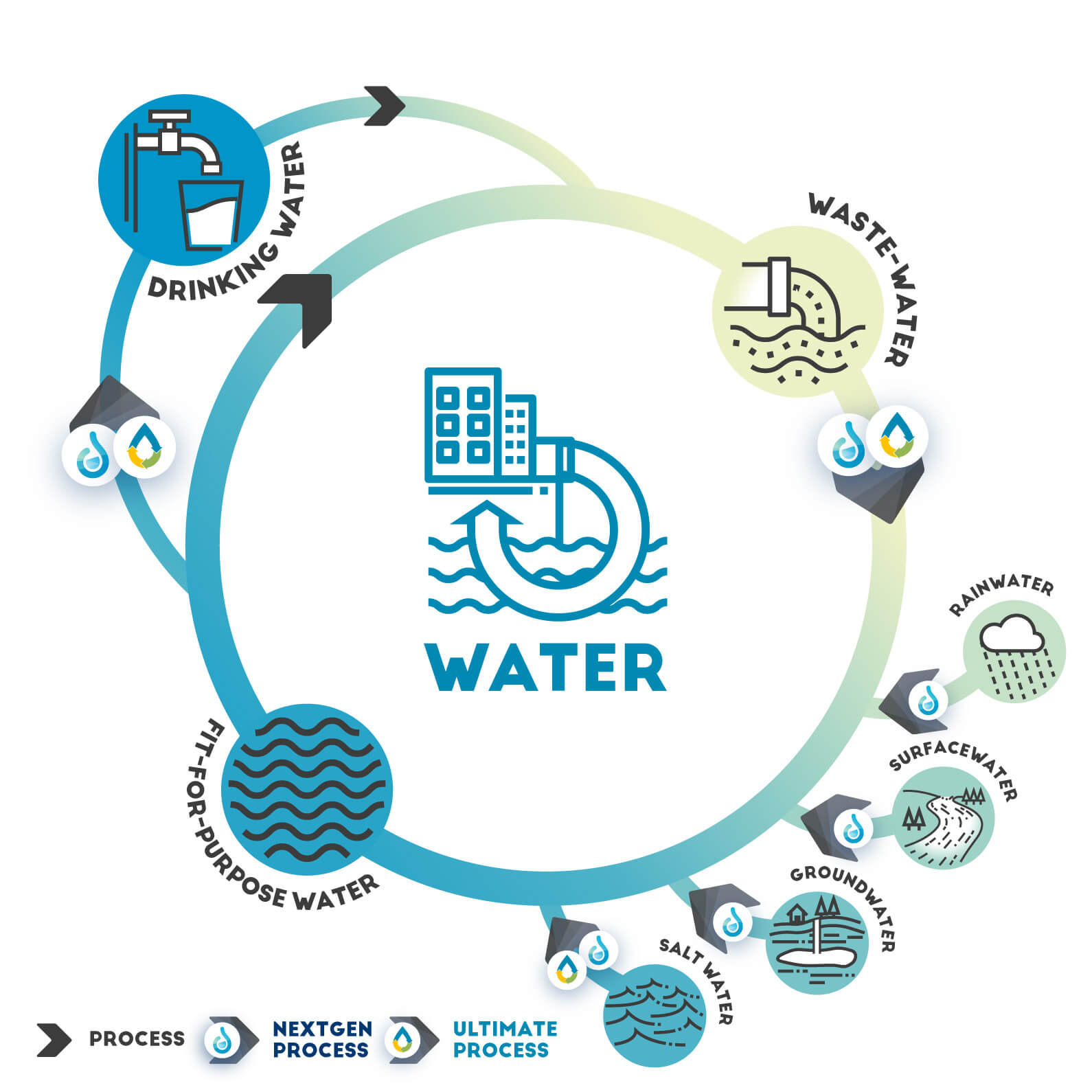
Desalination technologies
Desalination technologies reduce water salinity, allowing regenerated water with sufficient quality to be reused in var…
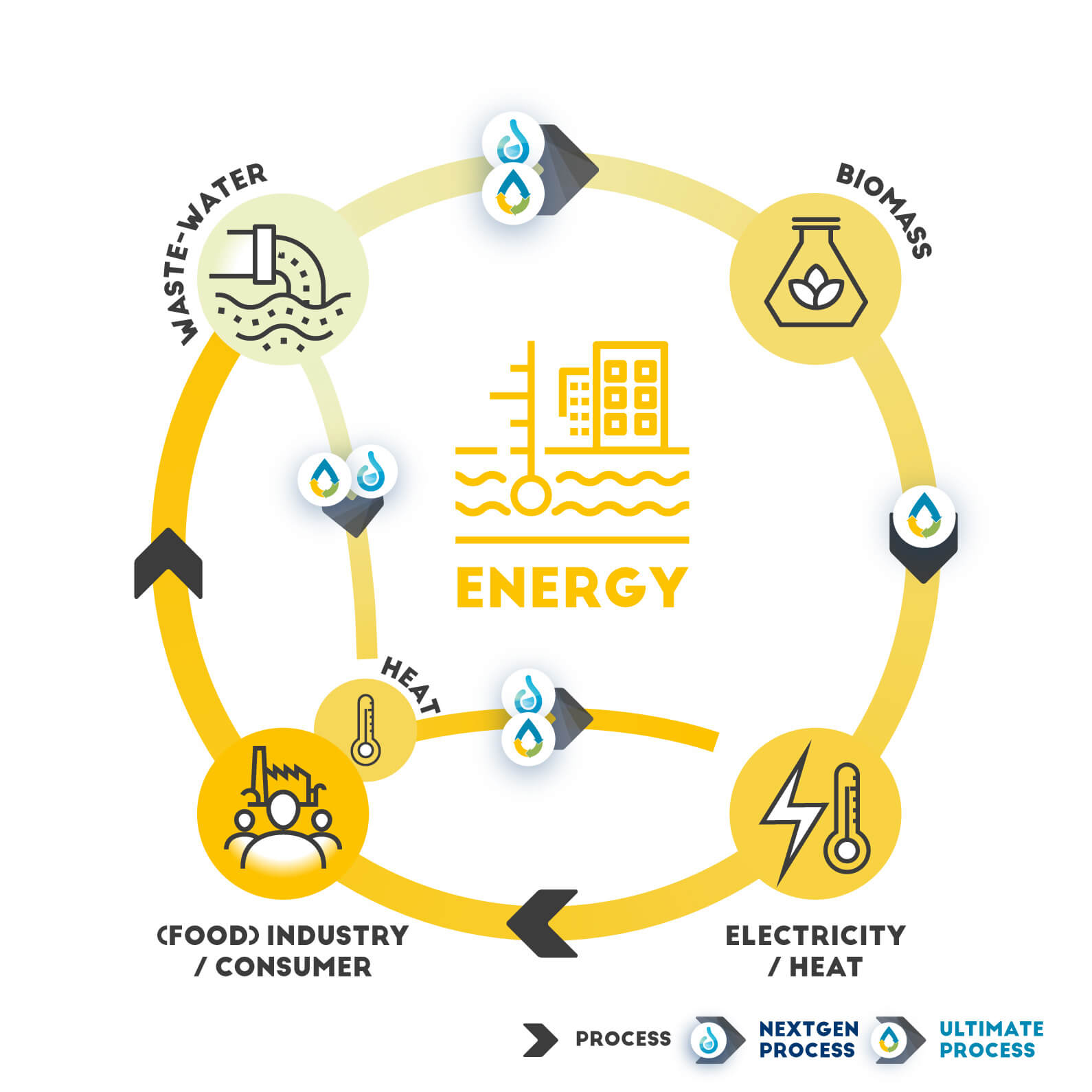
Energy recovery technologies
In order to mitigate the human made climate change, we urgently need a transition from fossil fuels to renewable energy…

Groundwater systems
Groundwater recharge, storage and recovery practices are based on the circular economy concept for water reuse, also pr…

Rainwater harvesting systems
Rainwater harvesting systems are based on the principles of circular economy for the rational use of rainwater resource…
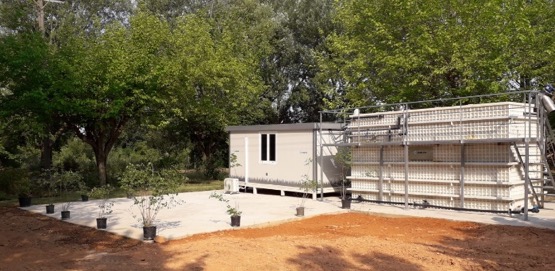
Sewer mining
Sewer Mining is a treatment plant in a container in which: extracts wastewater from local sewers that run under every …

Wastewater treatment technologies for water reuse
Wastewater treatment and water reuse by implementing circular economy principles is an alternative source of water supp…
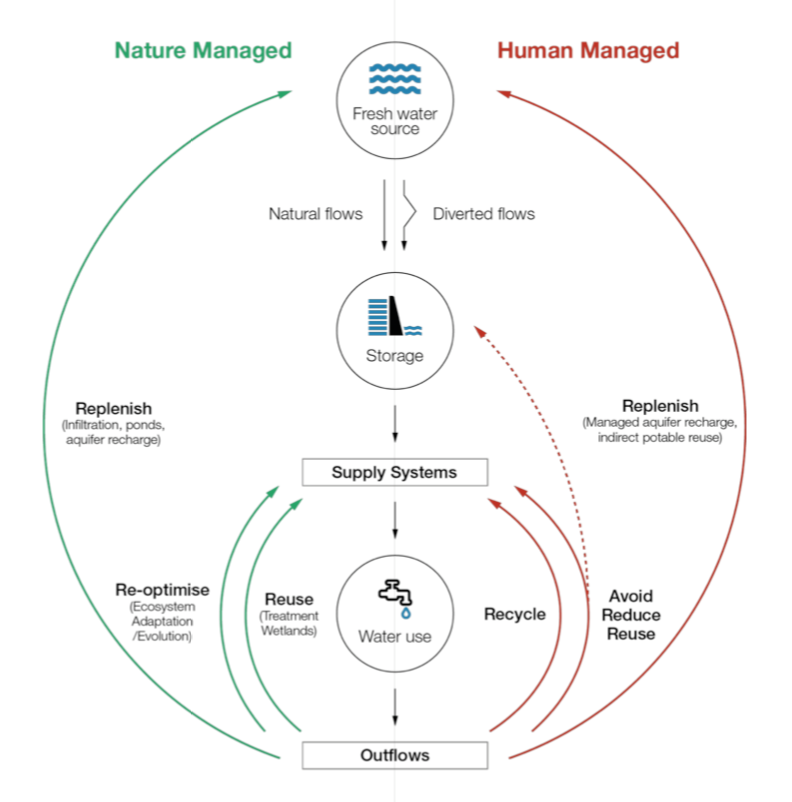
Water recovery technologies for water reuse
The opportunity with circular economy for water is to better align the human water cycle with the natural water cycle t…
